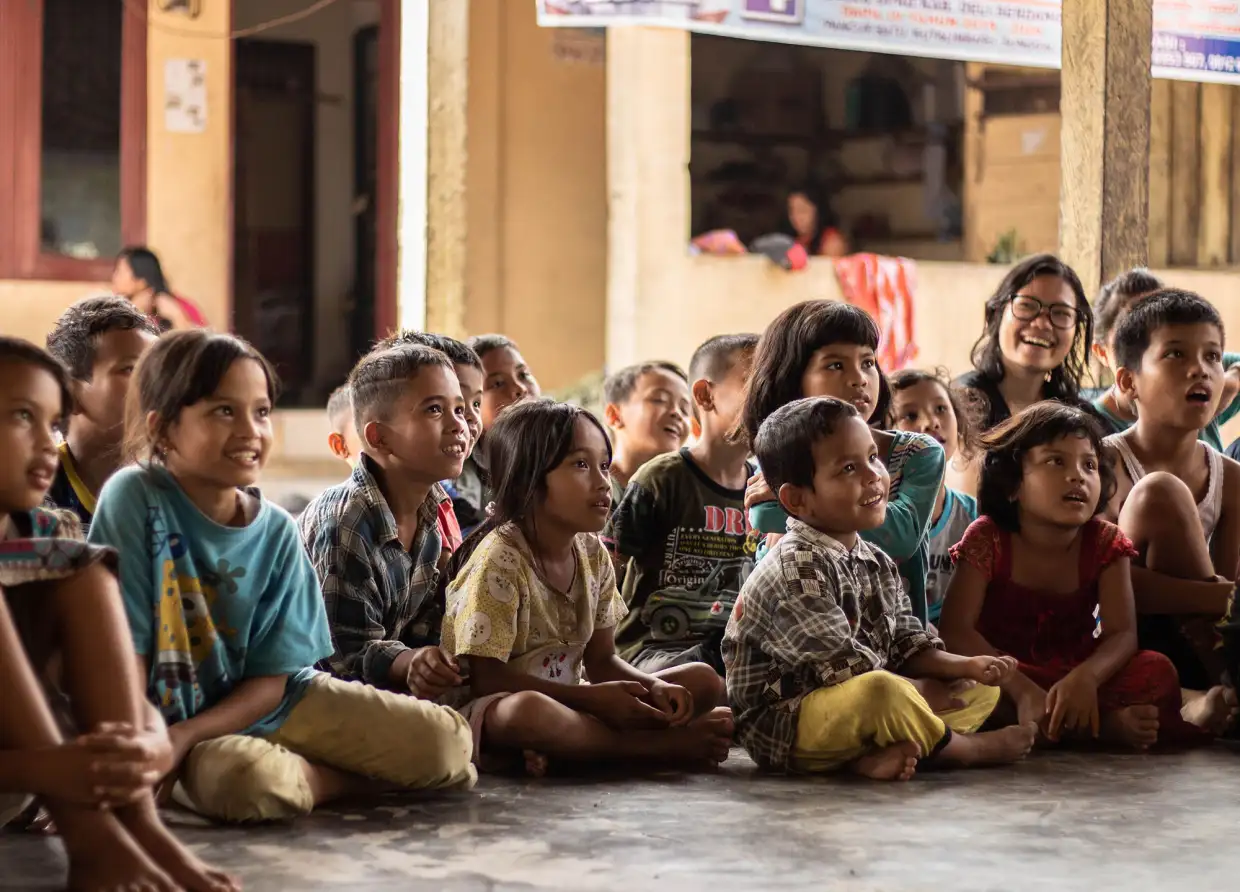JESSICA JANUAR AND CARLA SUHARTO LIT THE STAGE ON FIRE—WITH NOTHING BUT THEIR VOICES AND STORIES
Inside Kisah Dara, the Show That’s Redefining What It Means to Be a Woman in Indonesia
Last Saturday night, something powerful unfolded at Galeri Indonesia Kaya—not with fireworks, flashy sets, or viral gimmicks, but with voices. Raw. Resonant. Real. Kisah Dara, an intimate blend of music and monologue, wasn’t just a performance; it was a movement wrapped in melody. It told the stories of Indonesian women defying stereotypes, chasing dreams, and refusing to be silenced.
And leading this sonic revolution? Three phenomenal women: Jessica Januar, Carla Suharto, and Jane Callista—each carving their own legacy, not just in the arts, but in the narrative of modern womanhood.
No Capes, Just Courage: The New Faces of Modern Heroines
Forget what you think a hero looks like. In Kisah Dara, heroism comes in the form of soaring vocals, stirring piano, and stories that hit harder than any punchline. The show was inspired by the enduring spirit of R.A. Kartini, Indonesia’s icon of women’s emancipation. But this wasn’t your history teacher’s Kartini. This was Kartini reimagined—through heartbreak, hustle, and hope.
Each monologue—delivered in Bahasa Indonesia—peeled back the layers of womanhood in a society still figuring out what equality really means. And it didn’t just tug at heartstrings; it rewrote them.
View this post on Instagram
Meet the Women Who Are Changing the Game
Jessica Januar isn’t just a soprano with a voice that could command silence in a stadium—she’s a storyteller who knows how to translate pain into power. Trained in London’s prestigious Guildhall School of Music and Drama and a regular face on major stages like the World Economic Forum in Davos, Jessica’s repertoire spans from art-house recitals to musical monologues. She’s not just teaching music at The Resonanz Music Studio and Universitas Pelita Harapan—she’s raising the next generation of voices that won’t be silenced.
Carla Suharto, meanwhile, lets her piano do the talking—and what it says is profound. Her fingers glide across keys with a blend of technical mastery and raw emotion that feels like a conversation with your soul. A graduate of Germany’s Folkwang Universität der Künste and a rising star on the European festival circuit, Carla brings a global sensibility to Indonesian stages. She doesn’t just play music—she paints human experience in sound.
Together, Jessica and Carla aren’t just performers—they’re proof that Indonesian women can—and should—take center stage, not just in the arts, but in any arena they choose.
Not Just a Show—A Wake-Up Call
Kisah Dara isn’t trying to preach. It doesn’t need to. By putting authentic stories in the spotlight, it challenges every audience member, especially young Indonesians, to rethink what representation means.
It’s a reminder that women’s voices aren’t just worth hearing; they’re worth amplifying. That art isn’t a luxury—it’s a battleground for truth. And that the stage isn’t just a place to perform—it’s a place to transform.
What’s Next?
With performances like Kisah Dara, Indonesia’s performing arts scene is no longer a local story. It’s a global one, and the world is starting to listen. But it’s not just about going international. It’s about going inward—into stories that matter, into identities that deserve space, into futures we get to write together.
So if you missed Kisah Dara, don’t just scroll past it. Let it be your invitation to lean in, listen harder, and maybe—just maybe—find the courage to tell your own story.
Because when women speak, and the world truly listens, something beautiful happens.
#THE S MEDIA #Media Milenial #Kisah Dara #women empowerment #Indonesian women #performing arts #Galeri Indonesia Kaya #Jessica Januar #Carla Suharto #Jane Callista #music and monologue #Kartini spirit #modern womanhood #Indonesian theater #female voices in art #youth inspiration #cultural performance #storytelling through music #feminist art #Indonesian soprano #classical music Indonesia #breaking stereotypes #young adults and art #gender equality in performance #women-led performance





















